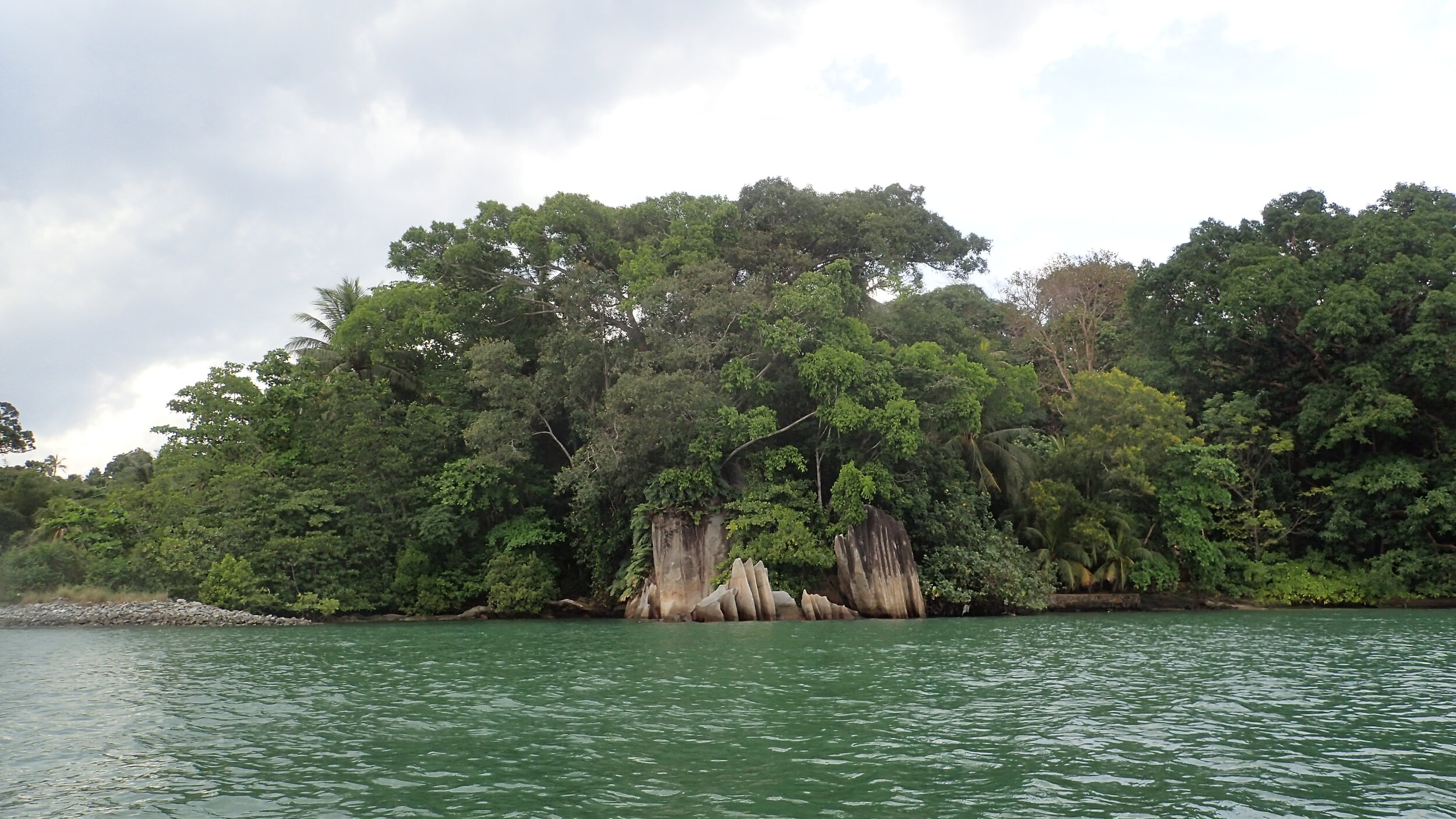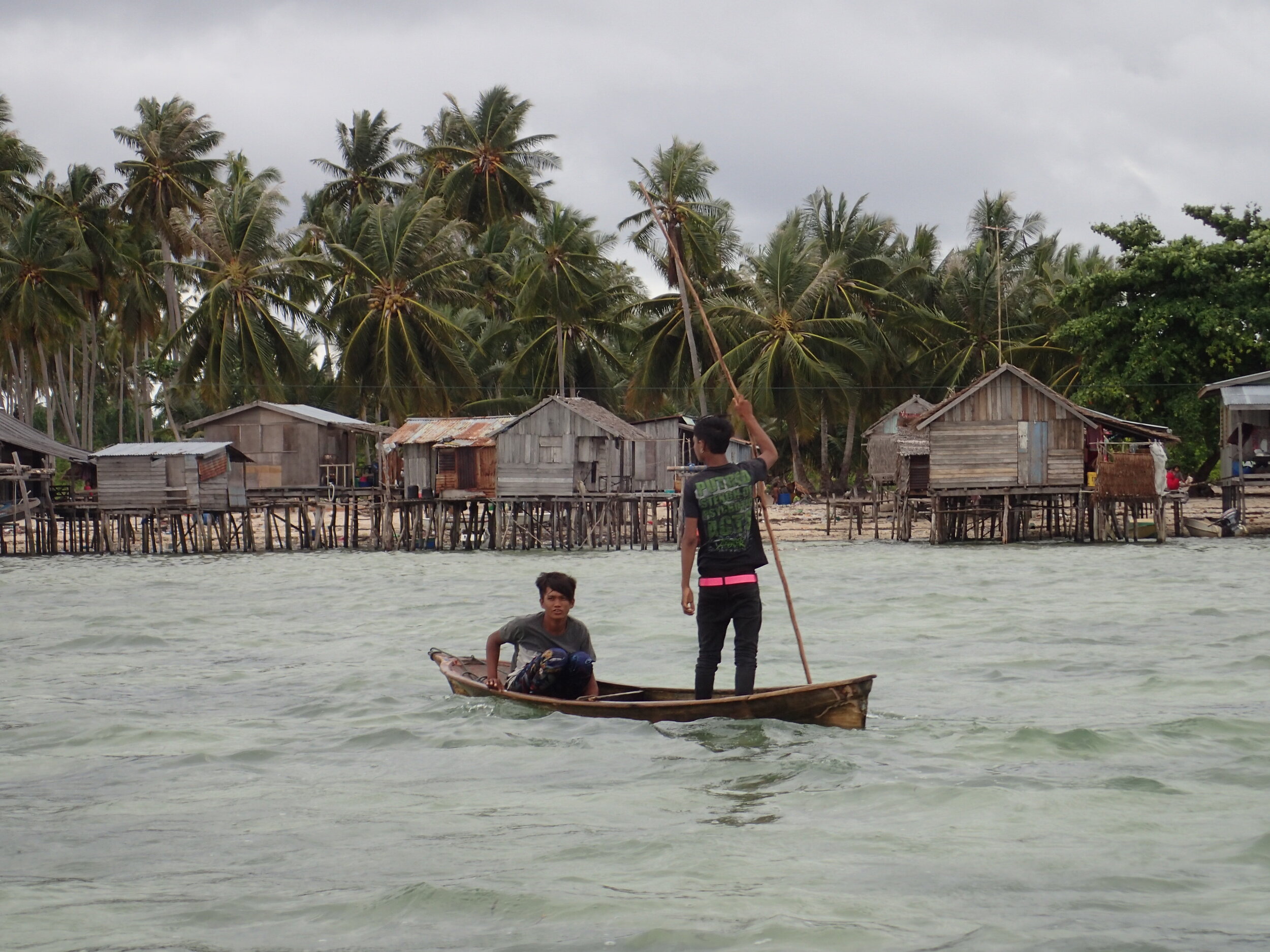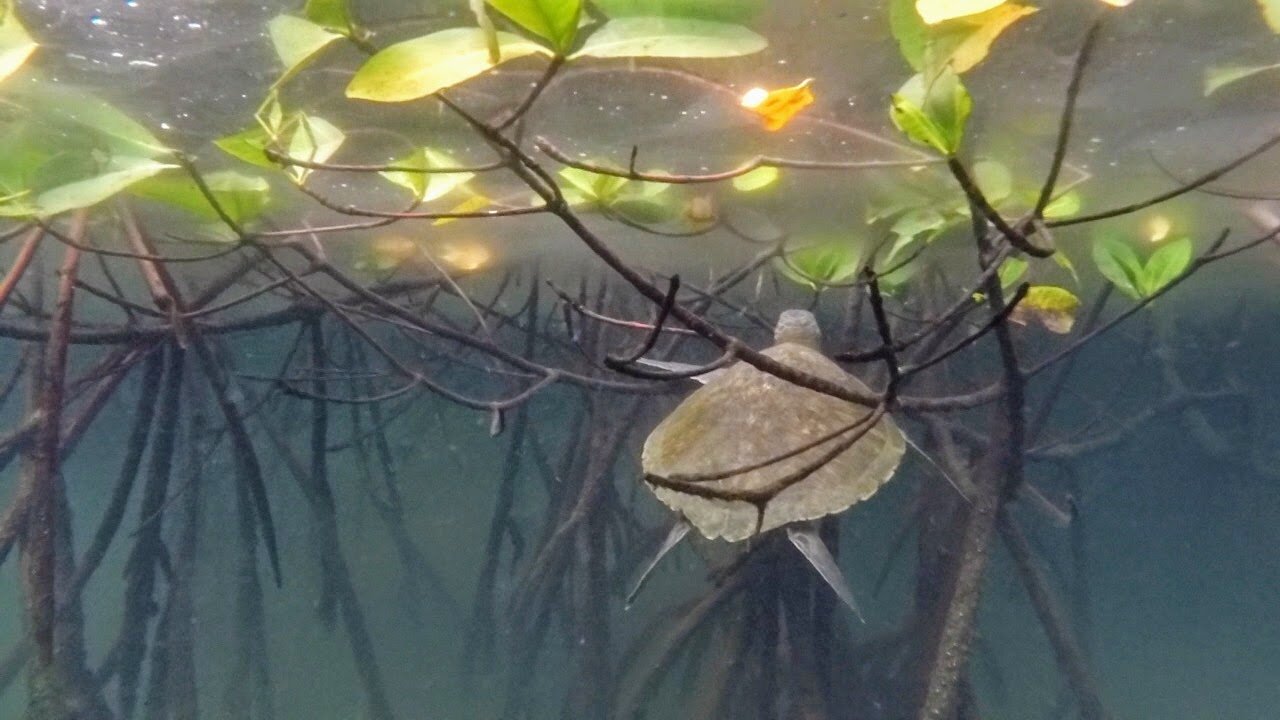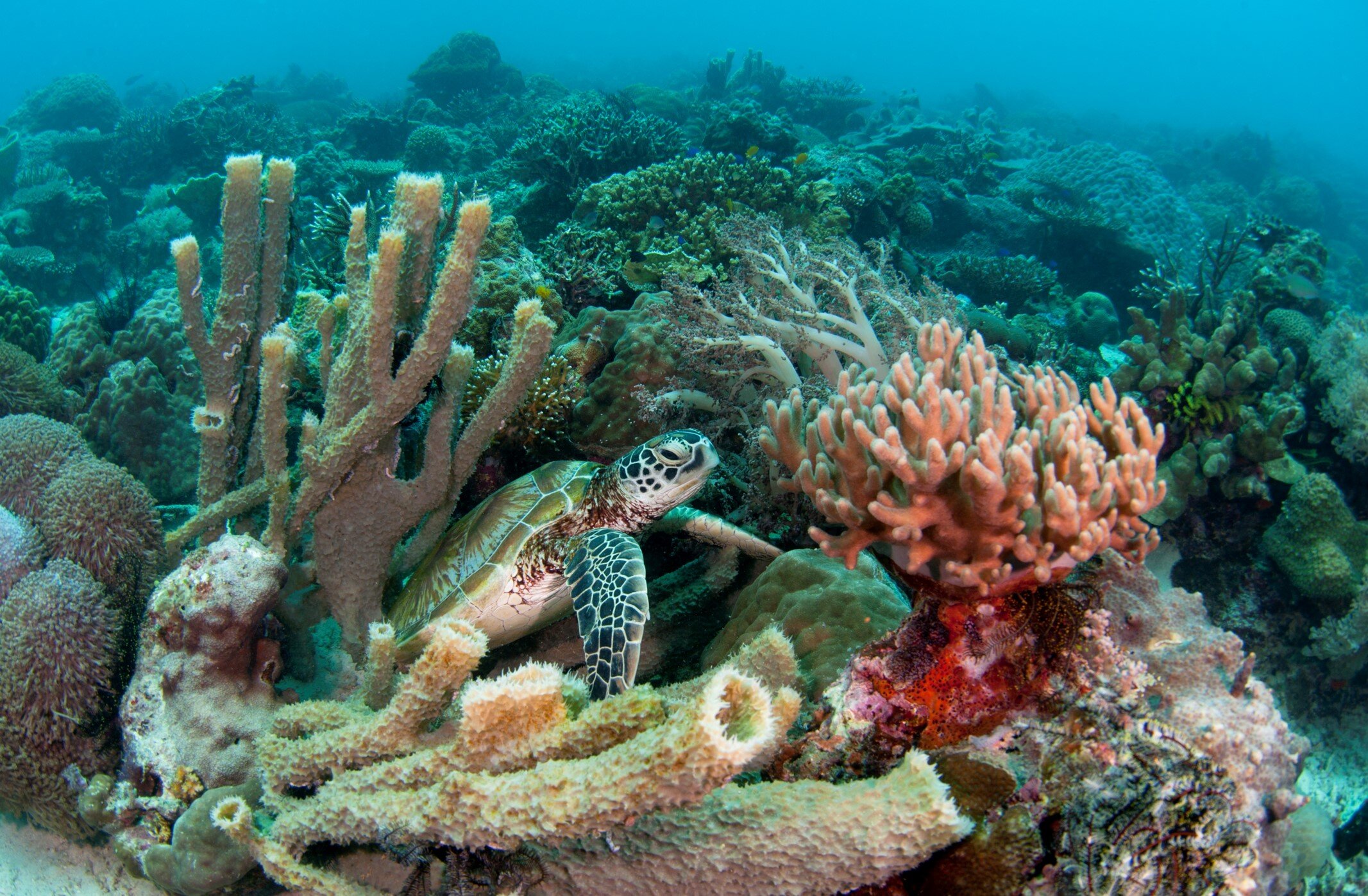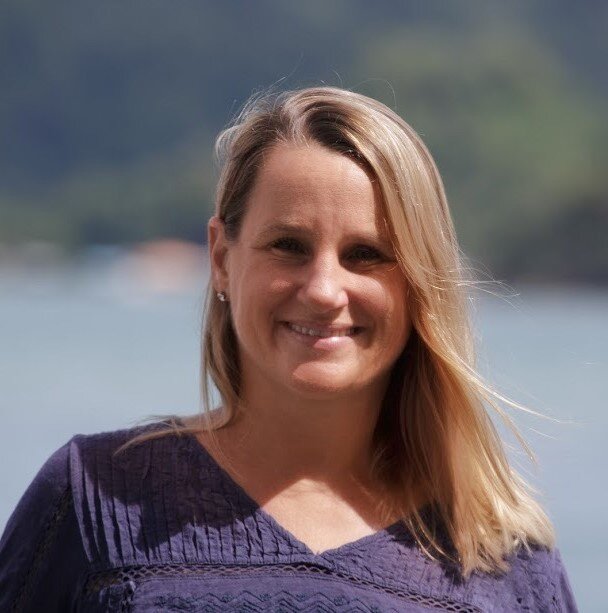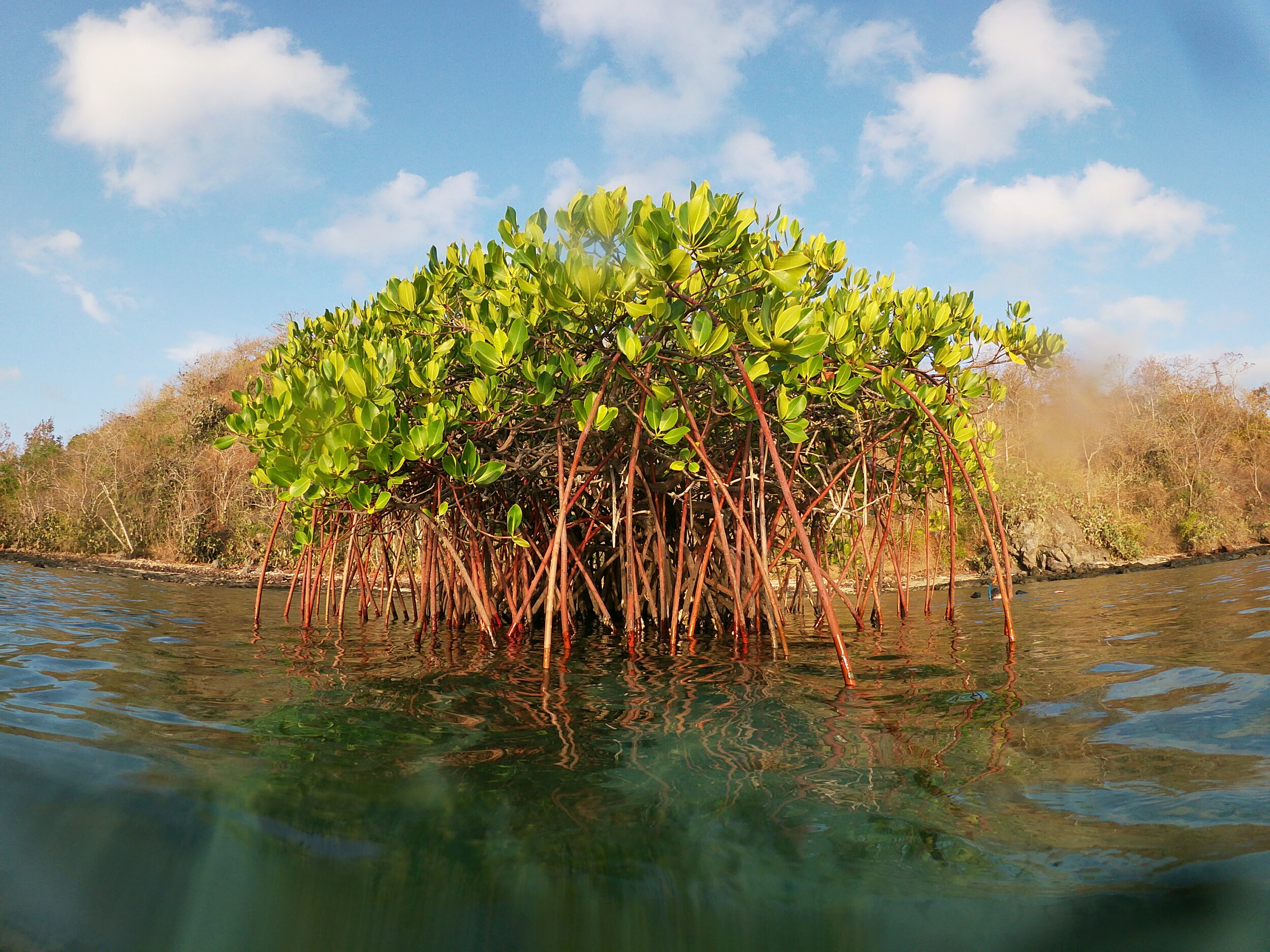On July 27, 2021, we enjoyed a captivating evening with Dr. Gretchen Coffman as she explored the importance of mangroves and coral reefs to the health of ocean ecosystems. Dr. Coffman discussed her work connecting the interdependencies of coastal flora (e.g., mangroves) to ocean habitat health and the support of local communities who are essential in the stewardship required for ecosystem restoration and sustainable fisheries. Dr. Coffman also related her work to the United Nations’ “Decade of Ecosystem Restoration” and the “30x30” initiative calling for 30 percent of the planet to be protected and managed for nature by 2030.
This webinar is offered for free to the public. A suggested donation of $10 per participant/viewer is encouraged and appreciated. Donations help cover webinar costs and support our education and cetacean research grant programs. Click here to donate.
Websites referenced during this presentation:
https://www.crowdfunder.co.uk/international-mangrove-ecosystem-day-group-plant
https://sorce.org https://www.facebook.com/sorce.org
https://www.instagram.com/sorceorg
ABOUT GRETCHEN COFFMAN, PH.D.
Gretchen Coffman, Ph. D. is an Environmental Health Scientist whose work focuses on the connection of riparian, wetland, coastal, and ocean ecology. Her teaching and research span home bases in San Francisco and Singapore where she has ongoing research projects along rivers and watersheds in coastal southern California, the San Francisco Bay Area, the Central Valley of California, and throughout Southeast Asia.
Dr. Coffman is a Senior Lecturer at the National University of Singapore. She teaches wetland restoration ecology, biogeography, applied ecology, and research methods in Physical Geography. From 2010 – 2019, she taught field ecology courses in the Environmental Science Department, Masters of Science in Environmental Management graduate program, and Environmental Studies program at the University of San Francisco.
Her research focuses on scientific questions with high relevance to management problems, mainly related to riparian plant ecology, restoration, and invasive plant biology in wetlands and river systems of Mediterranean-type and tropical climates. Current projects investigate experimental wetland revegetation and restoration strategies, mechanisms of plant invasion, and restoration monitoring to improve performance standards. She has ongoing research projects along rivers and watersheds in coastal southern California, the San Francisco Bay Area, the Central Valley of California, and Southeast Asia.
In 2015, she led National Geographic Expeditions in the Annamite Mountains of Laos to document and begin restoring the Critically Endangered Asian swamp cypress trees (Glyptostrobus pensilis) she discovered. Since then, her team has successfully propagated almost 2,000 seedlings and started restoration efforts in 2018. Most recently, she is working on the dendroecological controls on old-growth Glyptostrobus trees. In 2016, she was the recipient of the Arthur Furst Faculty Research Award that honors the University of San Francisco Faculty or Alumnus whose work exemplifies research for the betterment of humanity.
Dr. Coffman has worked on wetland and riparian restoration projects around the U.S. and internationally for more than 28 years. Since 1991, she has conducted jurisdictional wetland delineations throughout California, the east coast, the southeast, Midwest, and Puerto Rico. In addition, she has applied ecological experience in vegetation and invasive plant species mapping, watershed assessment studies, historical ecology studies, rare plant surveys, and compensatory wetland mitigation projects.
Dr. Coffman received her Ph.D. in Environmental Health Sciences from the University of California Los Angeles. She received her M.A. in Ecology and Systematic Biology from San Francisco State University, and she received her B.A. in Biology from Colgate University.
